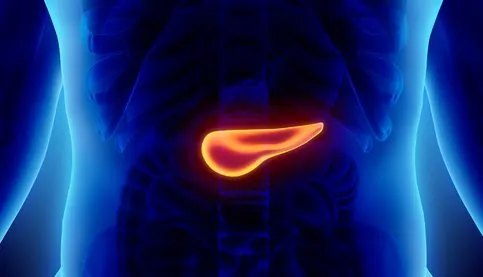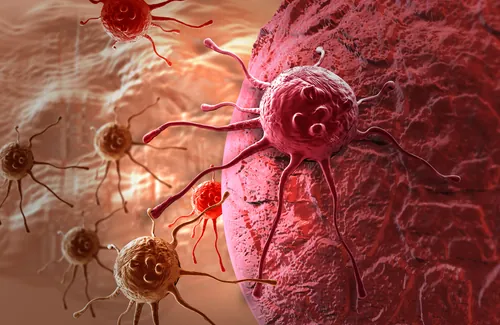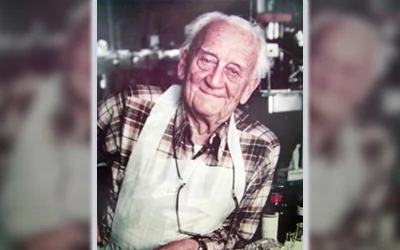According to Clinical Cancer Research, a journal of the American Association for Cancer Research, recently discovered genetic differences in non-small cell lung cancers (NSCLCs) between some African-Americans and European-Americans suggest that there are racial differences in the biology of the disease. These findings could have a clinical impact on personalized…...
Pancreatic Cancer: What You Need to Know
We will today take an in-depth look at pancreatic cancer. The Who According to Johns Hopkins University, this year, “an estimated 53,070 adults (27,670 men and 25,400 women) in the United States will be diagnosed with pancreatic cancer. It is estimated that 41,780 deaths (21,450 men and 20,330 women) from this disease…...
Circadian Rhythms & Cancer
Twice a year, as we turn our clocks backward or forward to adjust for daylight savings time, we see headlines everywhere about the implications of the time change on our biological clocks. This year, however, our biological clock got extra attention due to the recent announcement of the 2017 Nobel…...
Using Cancer to Fight Cancer
Researchers at the University of Michigan (U-M) devised a process to grow a series of honeycomb-like arrays of tiny, lab-grown cancers that could one day help doctors zero in on individualized treatments for ovarian cancer. The findings are detailed in a study in the journal, Clinical Cancer Research. Led by…...





















